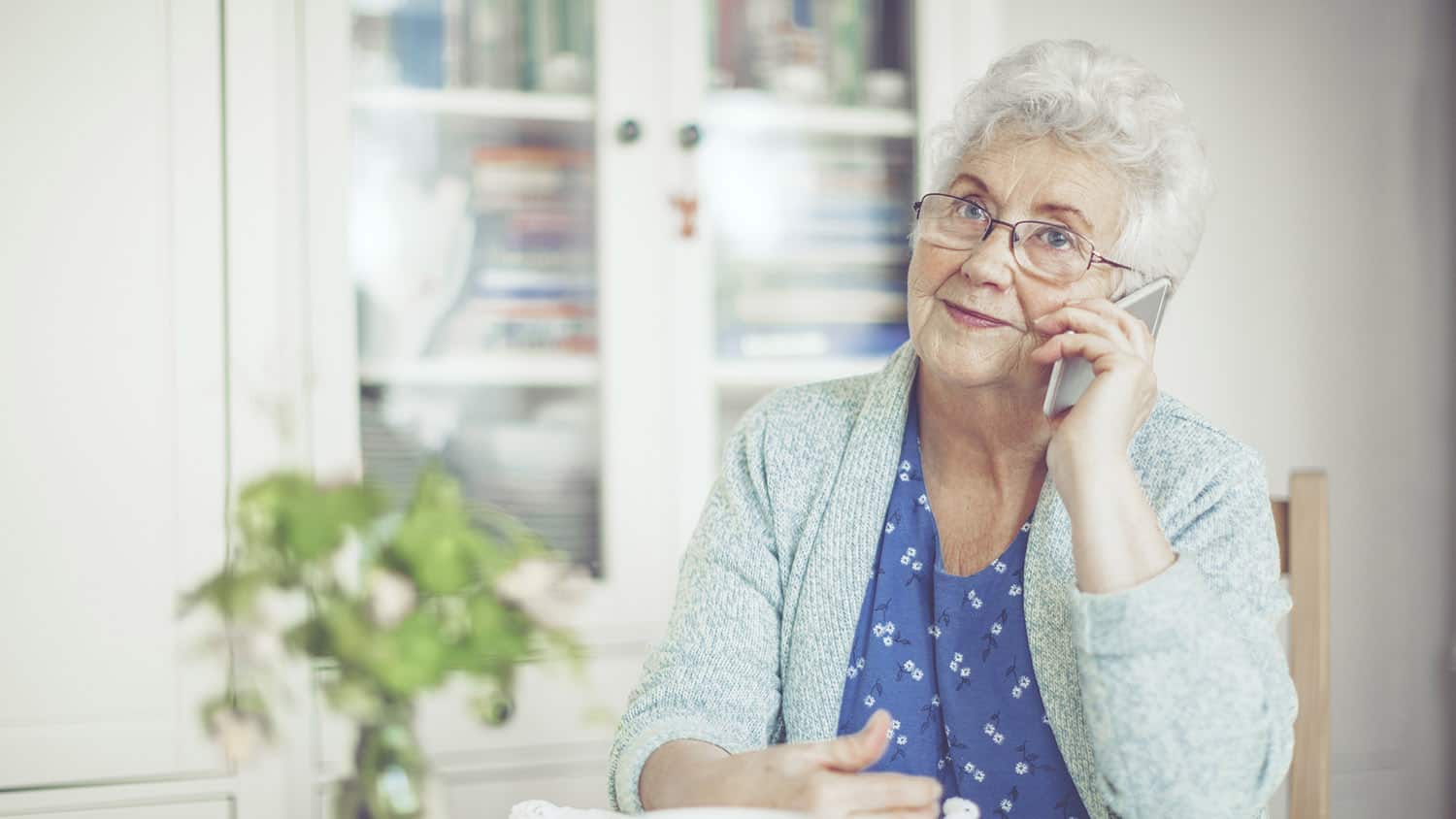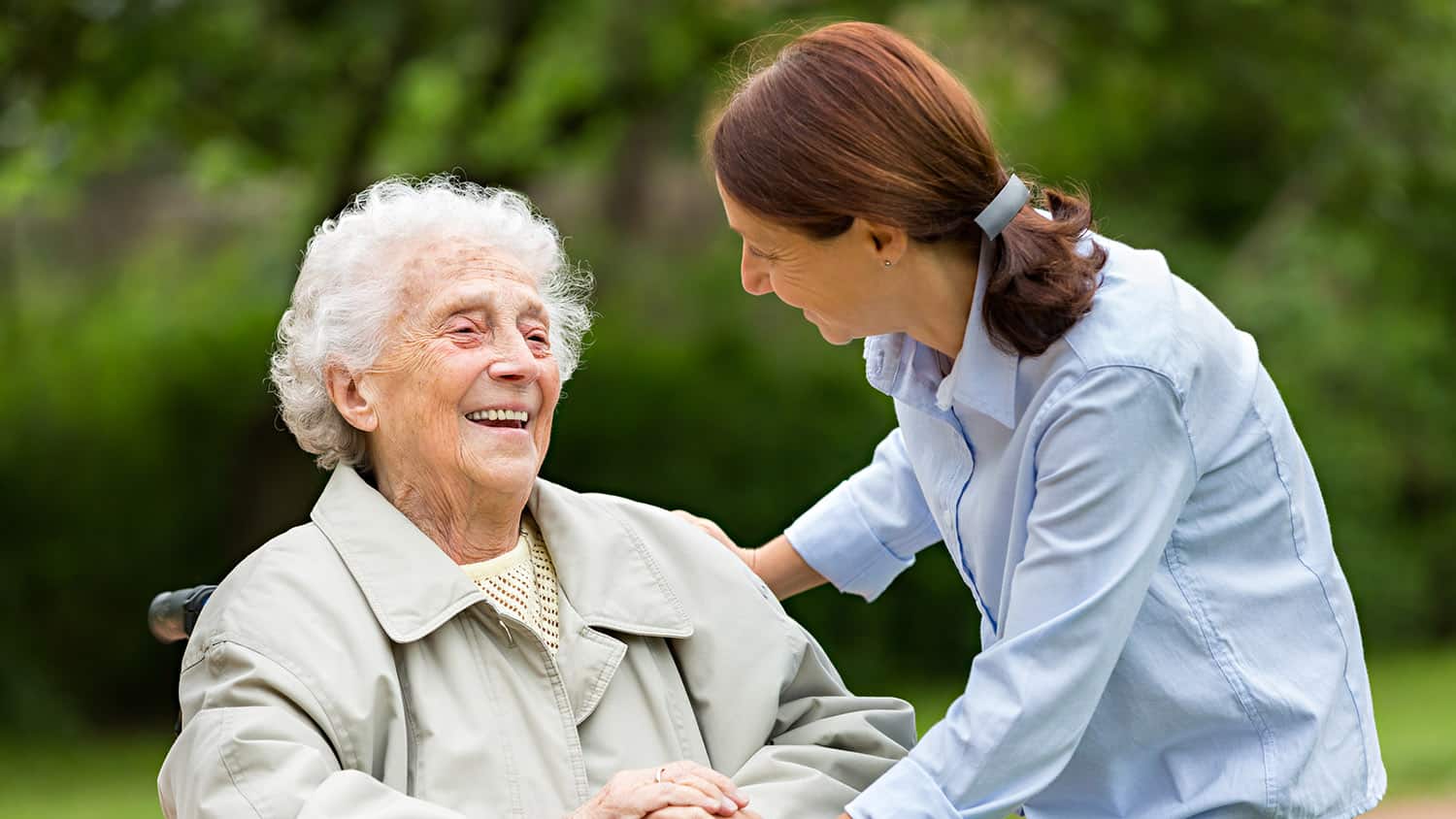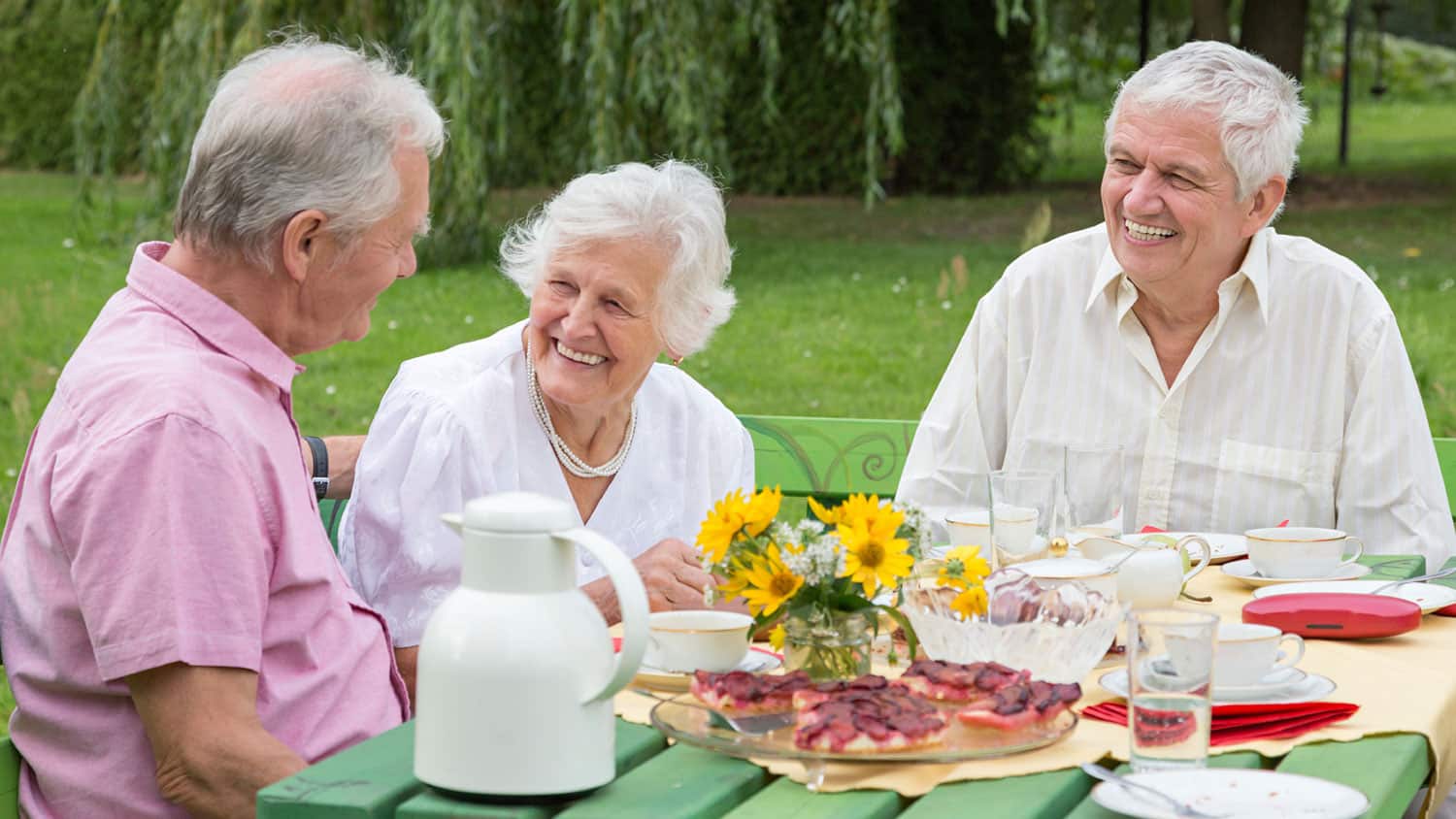
Taking Care of Your Elderly Parent in a Natural Disaster
Watching live news coverage of Hurricanes Harvey, Irma and Maria filled me with dread. My mind wandered back to Hurricane Katrina. Important changes in disaster preparedness were adopted across the United States for skilled nursing facilities in the aftermath of Katrina.
Unfortunately, that wasn’t enough. Assisted living and adult foster care homes weren’t included. And, as we’ve seen, even the best regulations aren’t any match for how quickly conditions can deteriorate in a disaster.
No doubt, we’ll ultimately learn important lessons from these storms, too. It’s important to get clear on exactly what happened in affected facilities, and why they responded as they did, so it can be fixed moving forward.
But in the meantime, the part that’s clear to me is this: the question isn’t Can this happen where my loved one lives? Rather, it’s How can I best prepare for when a natural disaster strikes where my loved one lives?
A significant factor in Florida was how quickly Irma went from tropical storm to Category 5 hurricane, much as Harvey did. Both point to the need to be prepared at all times. Here’s how to get started.
Play The If-Then Game
For many of us, the shock of an unexpected event can leave us flat-footed. Run through probable scenarios before something happens, so you can think up (and adjust) plans.
If a disaster is headed toward your mom’s assisted living, then will you have her shelter in-place? Will you stay with her there? Will you bring her to your house? What will all that look like on an hour-by-hour basis?
Have A Go-Bag Ready
If you think you’ll grab your parent and go, be ready. Not sure what should go in your bag? Get the CDC’s free Family Emergency Kit checklist.
Prefer a done-for-you set-up? The options can start to feel overwhelming. Of all I looked at, my favorite by far is the “4 Person Premium Family Emergency Survival Bag with 72 Hours of Disaster Preparedness Supplies.” Other than medication and specialized medical supplies, it seems to have it all.
I was reminded what a good idea it is to practice before a disaster when I checked out the contents of the Essential 2-Person Survival Kit. It comes with a GI can opener, which is different than a standard manual can opener.
Don’t Forget Equipment and Supplies
Ideally, you’ll get as far ahead of the curve as possible in executing your plan. That means heading over to your parents’ home and getting them and their medications and specialized equipment loaded up. (Incidentally, be ready to step up and take charge with reluctant “I got this, it’s no big deal” parents.)
Especially if your loved ones live in a long-term care community, get there as quickly as possible once you know a disaster is headed their way. The community may well be short-staffed in such a situation, but you’ll still need a nurse or medication aide to sign out medications to you.
Develop Realistic Expectations
You must have realistic expectations for both your parents and their community/home care aides. This letter writer/daughter had many good suggestions for future change, but not all of them are realistic. For example, “Staff needs to be informed that they must be present during any power outage.”
Realistically, that’s not going to happen. Like it or not, “staff” is comprised of people who not only have families of their own, they’re also the lowest-paid people in any community. That means, they’re typically less likely to be able to make it to work in extraordinary circumstances. Not everyone has a car.
Additionally, long-term care communities do not provide 1:1 care. Think carefully about that reality as you make your disaster plan.
Understand the Available Care
Closely related to realistic expectations is determining appropriate level of care. A significant number of families fall for the lure of assisted living, believing it offers the same degree of care as a skilled nursing facility (i.e., medically-oriented care) but is just better looking and cheaper.
The reason assisted living is cheaper is because you get less. It’s designed around a social model rather than a medical model. Staff doesn’t have to have the advanced training they do in skilled nursing.
The problem is, in a natural disaster, we’re (reasonably) far more concerned about medical issues. Those quickly start taking center stage when maintenance routines such as medications are disrupted. The social experience isn’t a consideration.
The other problem is that assisted living is truly for people who need some assistance, are able to ask for it and are okay waiting for it.
There’s quite a chasm between your mom using the call light to ask someone for help getting her shoes on, and missing her daily diabetes pill three days in a row. In 95-degree heat.
Don’t Be Afraid to Call 911
You should not base your disaster plans solely on calling 911. Emergency vehicles and first responders have to deal with the same conditions as everyone else, including downed lines and impassable roads.
But because people who live in care homes are almost certainly frail (and usually elderly), the deck is already stacked against them. Calling 911 and/or evacuating prior to the need to call 911 at least ensures you’ve given your loved one the best chance possible for making it through a natural disaster.
I say better to call 911 and be told you overreacted than be haunted by what-ifs.
Sixty+Me readers are invited to get your free 3-eBook bundle (Communication Tips & Strategies; How To Stop Arguing for Good; and How To Manage High Anxiety, Hallucinations, & Delusions without Drugs); Just click here now.
I’m curious to learn what you’ve done to prepare for a disaster. What other concerns have you thought of? What concrete actions have you taken to get ready? Please continue the conversation and share in the comments below.






